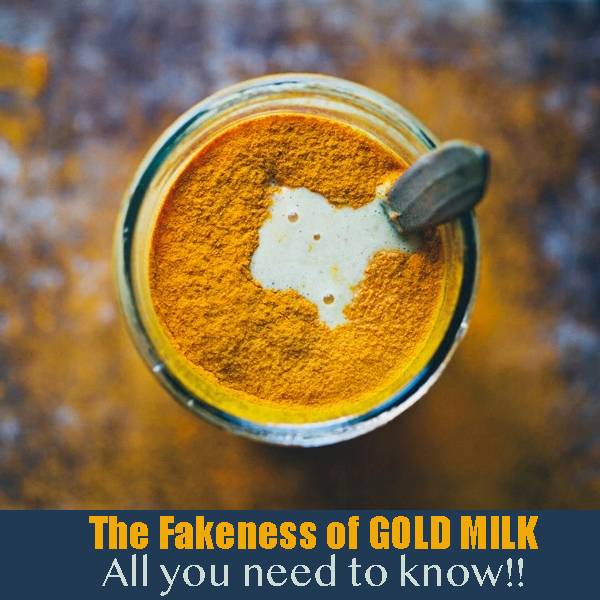Understanding Parkinson’s Disease: An Ayurvedic Perspective

Parkinson’s disease (PD) is a progressive neurological disorder that affects movement and can result in tremors, rigidity, and problems with balance and coordination. These symptoms become worse as the condition progresses, making everyday activities much more difficult. Although contemporary medicine offers various treatments to alleviate symptoms, Ayurveda takes a different approach that is more comprehensive and complements them. This blog will look at the basics of Parkinson’s Disease and how it has been classified by Ayurveda.
The Basics of Parkinson’s Disease
The principal feature of Parkinson’s disease is degeneration of dopamine-producing neurons in the brain. Dopamine—a chemical messenger—controls motor coordination. The cause(s) of this degeneration are not yet fully understood although there may be some combination of genetic susceptibility with environmental factors leading to its onset. The main symptoms or signs of Parkinson’s Disease include:
- Tremors: Involuntary shaking usually starting in hands or fingers.
- Bradykinesia: Slow movements which make simple tasks take a long time.
- Muscle Rigidity: Stiffness in extremities as well as trunk causing discomfort and limited mobility.
- Postural Instability: Impaired balance and coordination leading to falls
Ayurvedic perspective on Parkinson’s disease
In Ayurveda, Parkinson’s disease is understood through its classical concepts and classifications. The condition is often associated with a disorder called “kampavata”, where “kampa” means nervousness, and “vat” refers to one of the three major Ayurvedic deficiencies (body system) According to Ayurvedic philosophy, an imbalance of vata deficiency and primary causes related to Parkinson’s disease.
Parkinson’s through Prism of Doshas
Ayurveda identifies three doshas: Vata, Pitta and Kapha. Each sin represents a variety of elements and characteristics of the body and mind. Vata is primarily air and space and controls movement and communication within the body. An imbalance of Vata can lead to musculoskeletal disorders including Parkinson’s disease.
Causes of Dosha imbalance
Several factors can contribute to imbalance of the Doshas, e.g.
- Food: Eating dry, cold, or light foods can cause bloating.
- Lifestyle: Irregular routines, excessive exercise, or stress can upset Vata balance.
- Environmental Factors: Cold, dry weather can increase wind speeds.
Symptoms and diagnosis
Ayurvedic physicians diagnose Parkinson’s disease by examining the patient’s symptoms, medical history and all constitutional (natural) laws. The main symptoms of Vata imbalance are:
- Unwanted vibrations and movements
- Dry skin and other tissues
- Constipation and digestive issues
- Insomnia and anxiety
Ayurvedic treatment of Parkinson’s disease
Ayurvedic treatment for Parkinson’s disease aims to balance Vata Dosha and improve overall function of the nervous system. The approach is holistic, incorporating diet, lifestyle changes, herbs and specific therapies.
Diet which helps in Parkinson’s Disease
Ayurveda emphasizes the importance of a balanced diet to deal with a vata imbalance. Recommended food includes:
- Warm and cooked foods: soups, stews, and easy-to-digest cooked rice.
- Healthy fats: ghee (clarified butter), sesame oil and nuts that nourish the body and reduce dryness.
- Herbs and Spices: Ginger, turmeric, and horseradish to aid digestion and reduce inflammation.
It is important to avoid- cold, raw, raw foods to further discomfort.
Lifestyle changes in case of Parkinson’s Disease
It can be beneficial to go through a routine and incorporate muscle relaxation exercises. Suggestions include:
- Regular routine: Going to bed and waking up at the same time each day.
- Gentle exercises: yoga and tai chi to improve flexibility, strength and balance.
- Stress management: Meditation, deep breathing exercises, and time in nature to reduce anxiety and promote psychological well-being. Panchakarma Therapy
Panchakarma Treatment for Parkinson’s Disease
Panchakarma, an Ayurvedic detoxifying and rejuvenating treatment, can be especially beneficial for Parkinson’s patients. This includes treatments designed to detox and restore balance. The Panchakarma treatment for Parkinson’s disease include:
- Abhyanga: This is about applying warm, medicated oils to calm Vata and improve circulation. This is all done in a particular fashion.
- Shirobasti: This is all about pooling of medicated oil and Ghee on the head.
- Nasya: Ayurveda considers nose is the passage for the brain and specially to the hind brain. Medicines like- Ghee and oil processed with oil are given through nostrils.
- Basti (Medicated Enema): Administering herbal decoctions and oils to cleanse the colon and balance Vata.
The Final Word
Ayurveda offers a comprehensive and holistic approach to Parkinson’s disease by addressing the underlying Vata imbalance. By combining dietary changes, lifestyle modifications, herbal remedies, and specialist therapies, Ayurveda can provide significant relief from symptoms and improve quality of life for those affected by this condition As always, it’s important to consult with a qualified Ayurvedic practitioner to develop an appropriate treatment plan that meets your specific needs.
For more information and personalised guidance, visit Sukhayu Ayurved and discover how Ayurveda can support your journey towards health and wellness.











